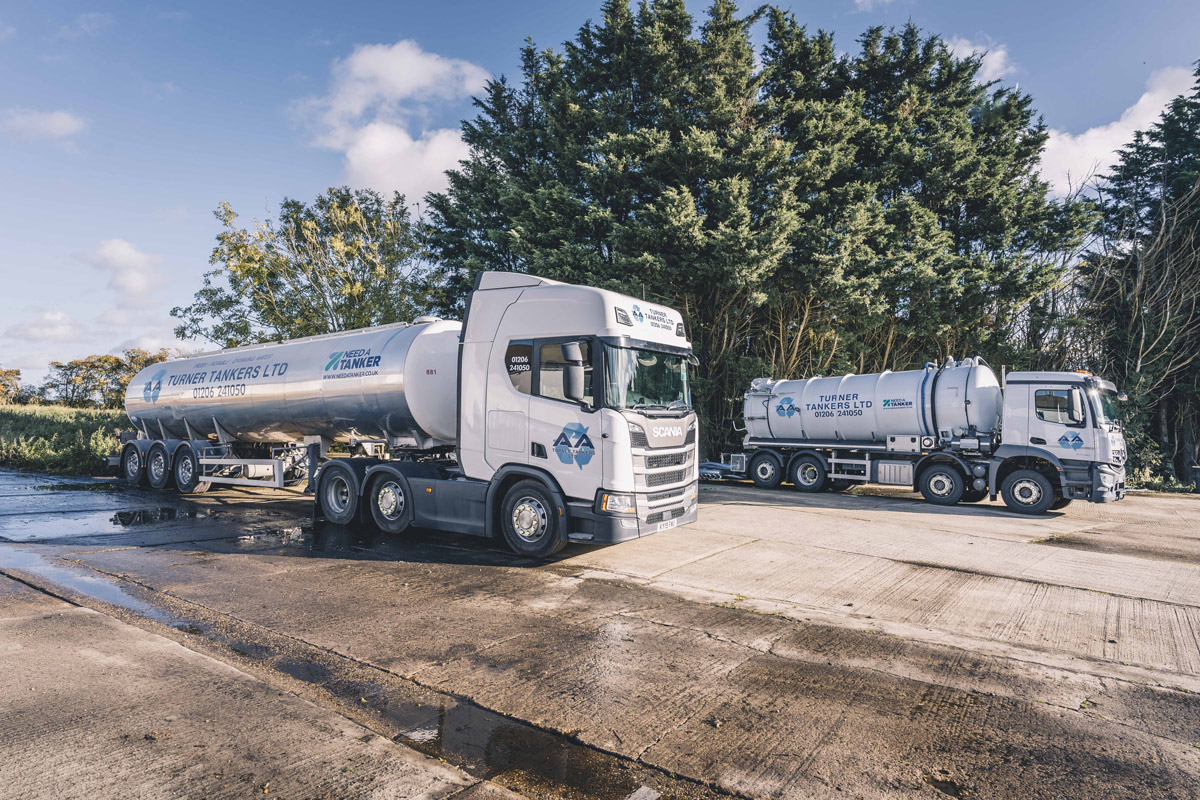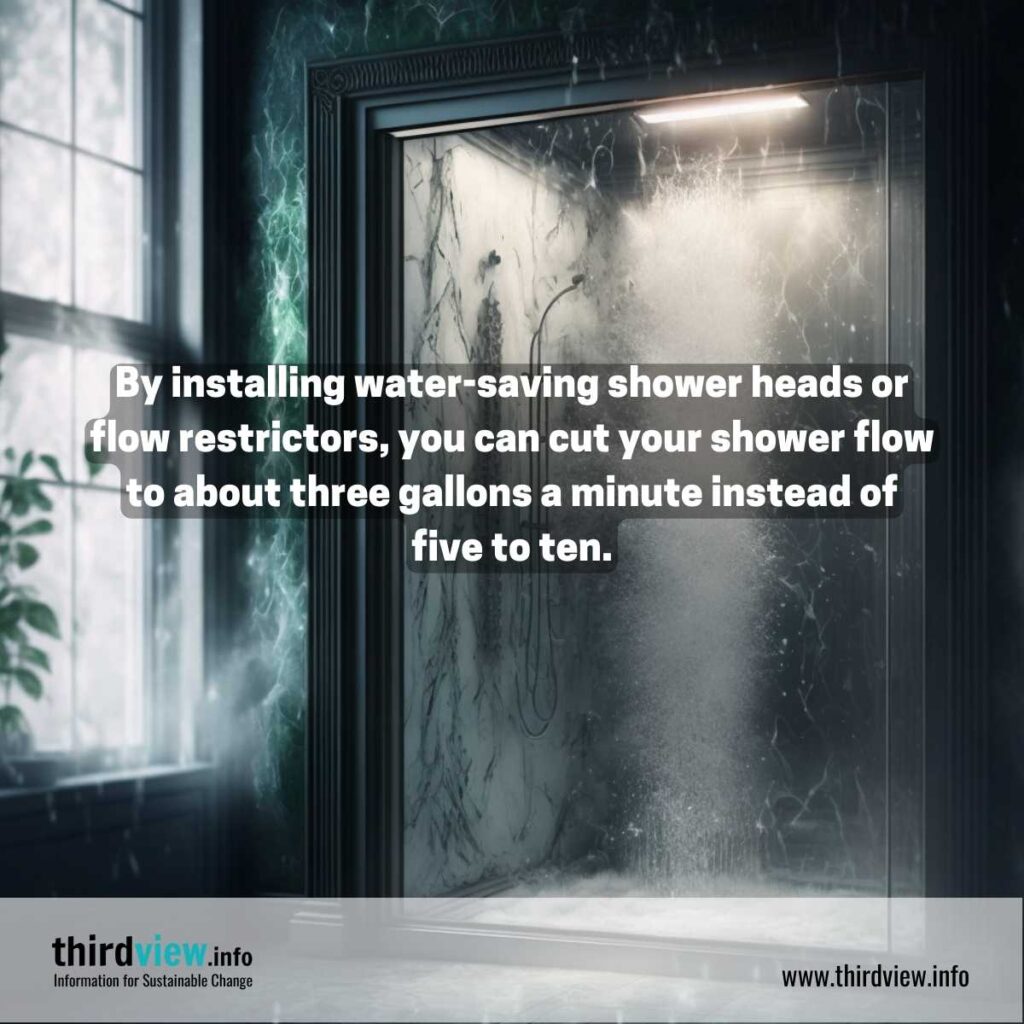The 4-Minute Rule for Reclaim Waste
The 4-Minute Rule for Reclaim Waste
Blog Article
4 Easy Facts About Reclaim Waste Shown
Table of ContentsAll about Reclaim WasteA Biased View of Reclaim WasteThe Facts About Reclaim Waste Uncovered10 Easy Facts About Reclaim Waste ExplainedReclaim Waste Can Be Fun For Everyone
Check out the types, incidents, and types of liquid waste. Residential sewer waste describes the waste and items from a residential septic container. This kind of waste is created by human beings in residences, schools, and various other buildings. This only consists of septic storage tanks that have a drainpipe area. The proper administration and disposal of residential sewage waste require fluid waste to be moved to a sewage therapy plant where the correct methods and equipment are applied to cleanse and dispose of waste.
Business waste frequently consists of possible risks, such as combustible products or a blend of fluid and strong waste items, and requires an advanced and comprehensive disposal procedure. The disposal of industrial waste generally includes the filtering of waste prior to transport to guarantee safe and proper disposal. Hazardous waste is created from results and runoff of industrial procedures and manufacturing.
This kind of waste can not utilize the exact same sewage administration transport or processes as septic or commercial fluids. The hazardous waste monitoring procedure requires the inspection and testing of liquid waste before it undertakes the disposal process (liquid waste disposal melbourne). Runoff waste is the liquid waste that comes from overflow and excess stormwater in extremely inhabited locations or cities
Drainage waste can create contamination and flooding otherwise taken care of effectively. Discover much more regarding sewage system cleansing and waste management. Making certain appropriate waste administration can protect against disasters and reduce ecological harm. Both people in household settings and specialists in commercial or manufacturing industries can profit from comprehending the procedures and laws of liquid waste administration.
Things about Reclaim Waste
Call PROS Solutions today to learn more about our waste monitoring and disposal services and the correct means to care for the fluid waste you generate.
(https://reclaimwaste1.carrd.co/)This so-called 'wastewater' is not only an essential resource yet, after therapy, will be released to our land, rivers or the sea. Used water from toilets, showers, bathrooms, cooking area sinks, washings and industrial procedures is known as wastewater.

water made use of to cool down machinery or clean plant and tools). Stormwater, a type of wastewater, is overflow that flows from farming and urban locations such as roofing systems, parks, yards, roadways, paths and rain gutters into stormwater drains, after rain. Stormwater moves neglected straight to regional creeks or rivers, eventually getting to the ocean.
Rumored Buzz on Reclaim Waste
In Queensland, a lot of wastewater is dealt with at sewer therapy plants. Wastewater is transported from residential or industrial sites through a system of sewage systems and pump stations, called sewage reticulation, to a sewer therapy plant. City governments build, preserve and operate most sewer therapy plants. Operators are certified under the Environmental Security Act 1994 to release cured wastewater at an appropriate environmental criterion right into rivers.
The Division of Natural Resources encourages local federal governments concerning managing, operating and preserving sewerage systems and treatment plants. In unsewered locations, city governments may require homeowners to set up individual or household sewer therapy systems to deal with residential wastewater from toilets, kitchen areas, shower rooms and washings. The Department of Natural Resources authorizes the usage of family systems when they are verified to be effective.
In some new communities, therapy of some stormwater to remove trash, sand and gravel has actually started making use of gross contaminant traps. Wastewater therapy takes place in four phases: Gets rid of strong issue.
Wastewater after that flows right into large storage tanks where solids clear up and are gotten rid of as sludge. Oil and scum are skimmed from the surface area. Uses small living microorganisms called micro-organisms to damage down and eliminate remaining dissolved wastes and fine particles. Micro-organisms and wastes are incorporated in the sludge. Removes nitrogen and phosphorus nutrients that could trigger algal blooms in our waterways and endanger marine life.
Reclaim Waste - An Overview
Nutrient removal is not offered at all sewer treatment plants because it requires pricey specialist devices. It is coming to be more usual in Queensland. Clear liquid effluent created after treatment might still contain disease-causing micro-organisms. If this effluent is launched right into waterways such as rivers or the sea, the micro-organisms will at some point pass away out.

A lot of wastewater streams into the sewerage system. Under the Act, neighborhood governments provide authorizations and licences for ecologically relevant activities (Ages) including wastewater launches that may have a local influence.
The Basic Principles Of Reclaim Waste
Otherwise, examples are taken for laboratory evaluation. Typically numerous examinations are needed to establish the levels of each of the various toxins such as oils, hefty metals and pesticides in water. Monitoring offers factual info regarding water quality and can verify that licence problems are being met. The information gotten through surveillance gives the basis for making water high quality choices.
Report this page